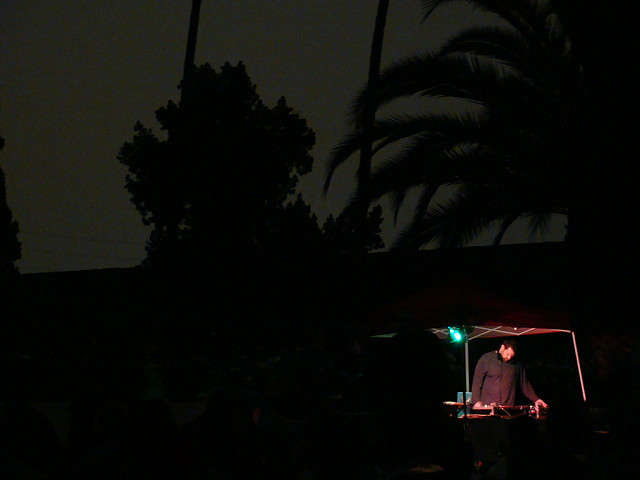DJ Magazine’s Top 100 list of DJs is irrelevant and broken, based on a flawed methodology, prone to manipulation, and out of touch with what actually makes someone a top DJ.
That’s the conclusion you’d probably reach after reading the latest critique of the poll, and the conclusion is that the list needs to get out of its print past and embrace new tech. It hardly seems like a surprising opinion. But here’s where this becomes news: the analysis comes from London-based Terry Church, formerly a News & Web Editor at DJ Magazine as well as a PR guru and former Beatportal editor.
Terry doesn’t just rant about the top 100. Insetad, he offers a detailed history of how the list came to be, and how at its inception in 1997 no one really saw the potential problems (or had today’s more intelligent survey tech). He also goes, step by step, through the gradual downfall of the survey among artists and listeners. Some good signs: intelligent bookers and audiences are simply well-educated enough that a top list isn’t as necessary. But the bottom line for the top 100 just isn’t good; as Terry writes:
So DJ Magazine’s Top 100 will A) never be secure, and B) will always be plagued by unscrupulous marketing practices. As such, the poll’s popularity has fallen in recent years, even amongst trance fans, who traditionally were the most ardent supporters of the poll’s results due to the large numbers of high ranking DJs from their scene.
However, even among the aspiring candidates themselves there seems to be a general feeling of apathy.
Terry also has some suggestions for how technology might make the list more interesting. Google Trends doesn’t come up with much that’d be too surprising — though, really, a top five probably shouldn’t be surprising in the first place, or it wouldn’t be “top.”
Well worth a full read, particularly to see how an idea in journalism can evolve (or devolve) over time:
Opinion: Should technology replace DJ Magazine’s Top 100 DJs Poll? [terrychurch pr; not sure why that headline ends as a question mark given his thesis]
But for me, this all raises an interesting question. Google Trends is a fairly primitive metric. How might we get some more compelling data visualization and analytics on musical practice? Maybe the next top list will come out of a Music Hack Day, not a suspect print magazine survey. And that sounds very interesting, indeed.
Polling ends tonight. For their part:
http://www.djmag.com/top100
